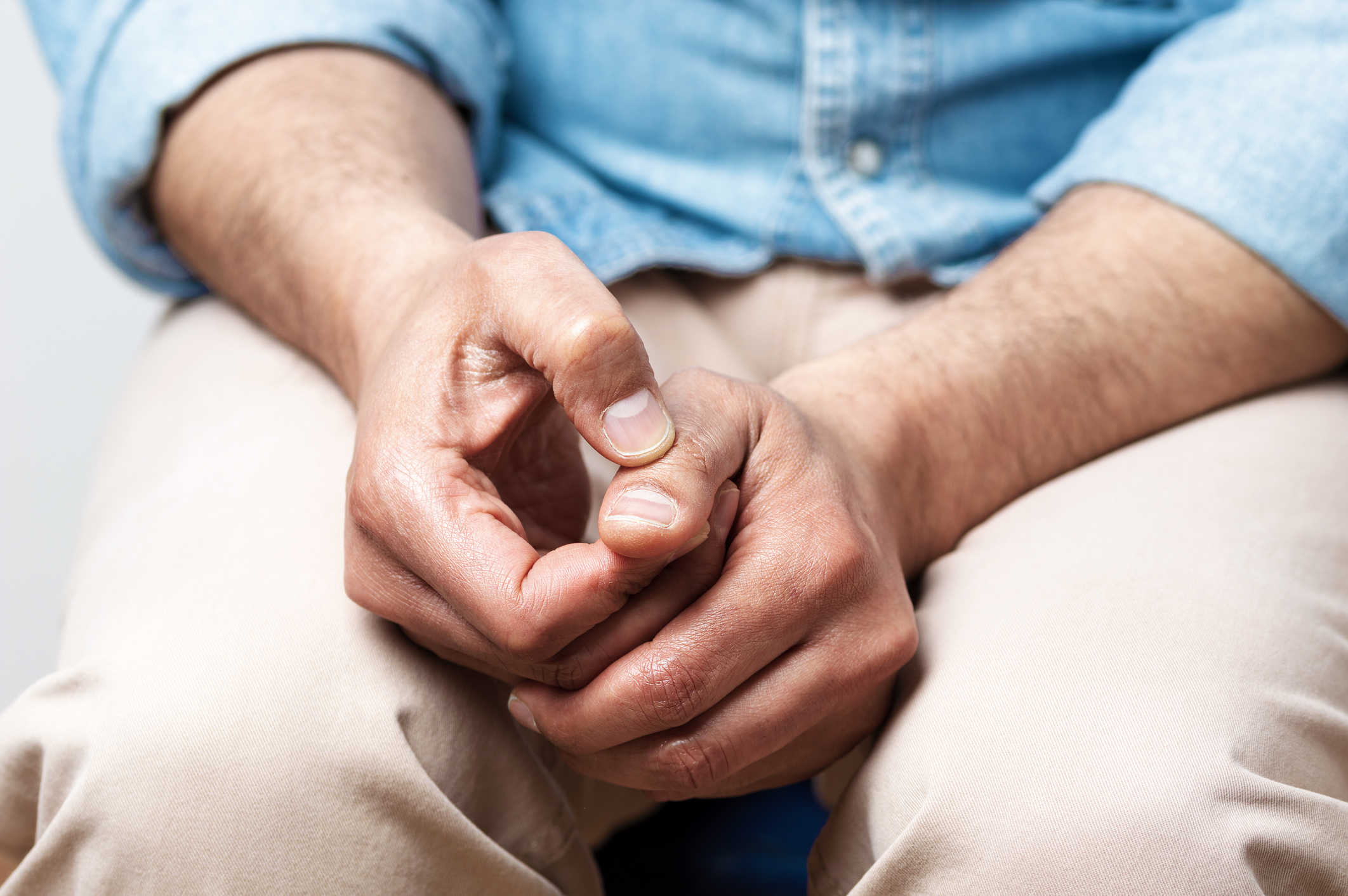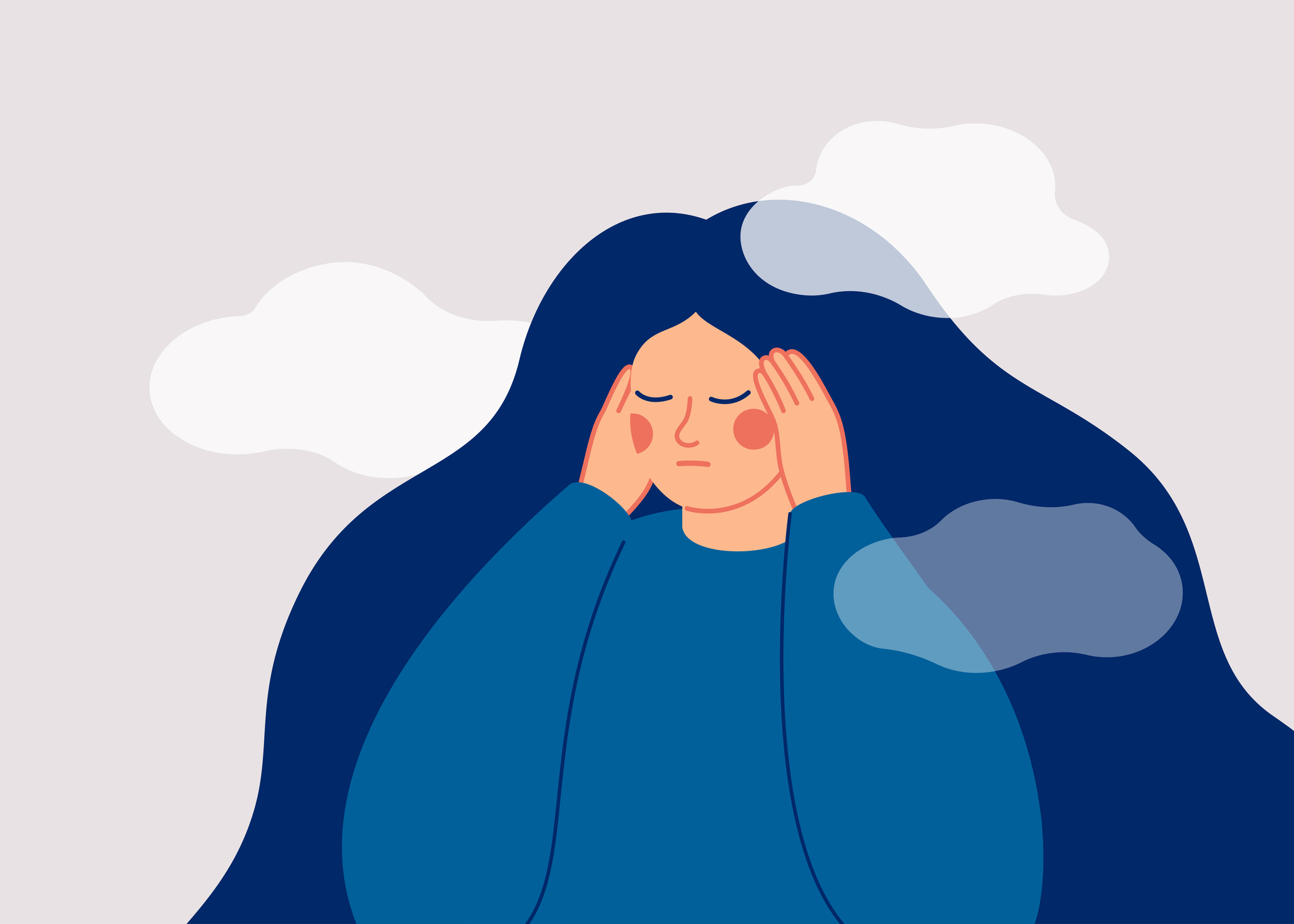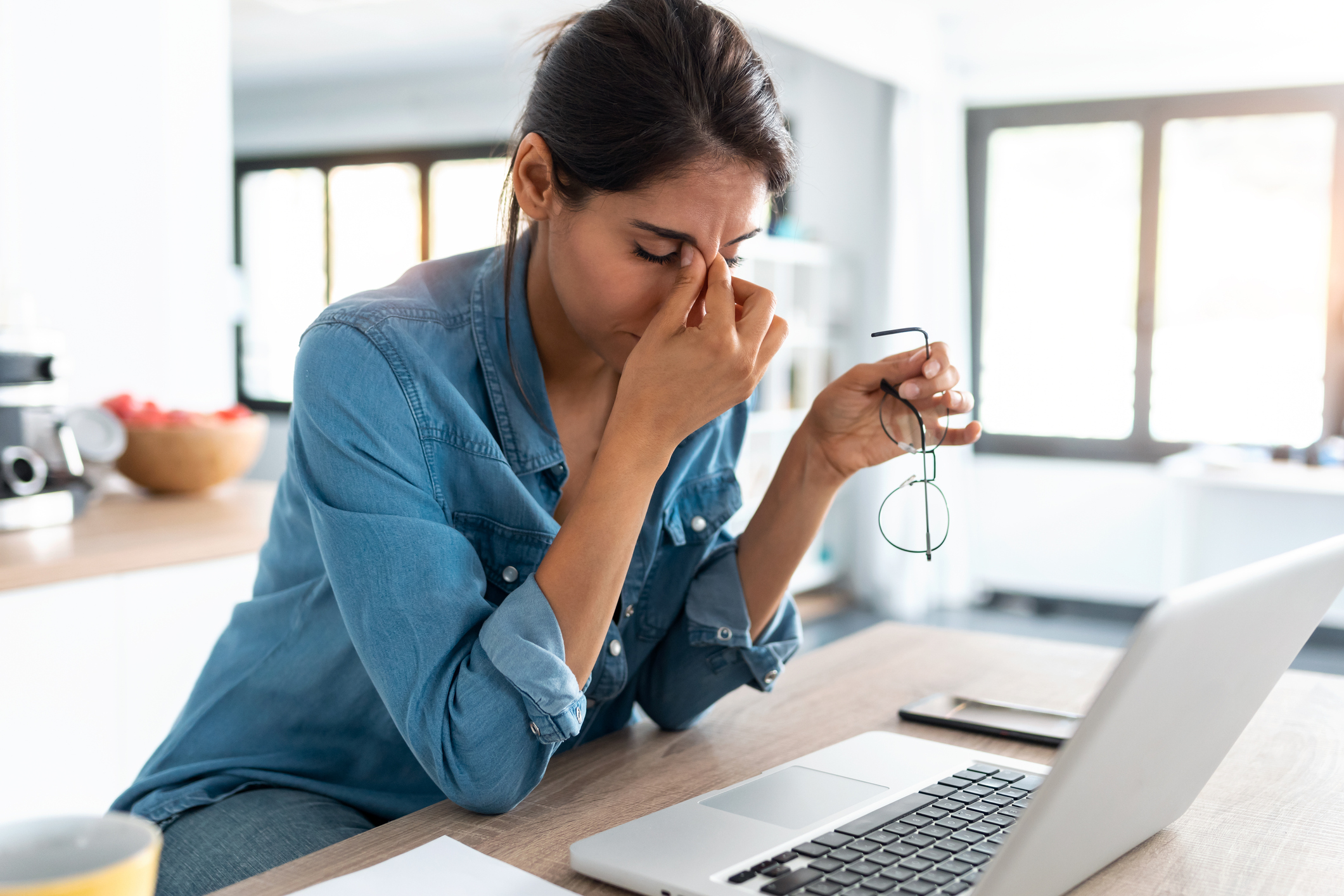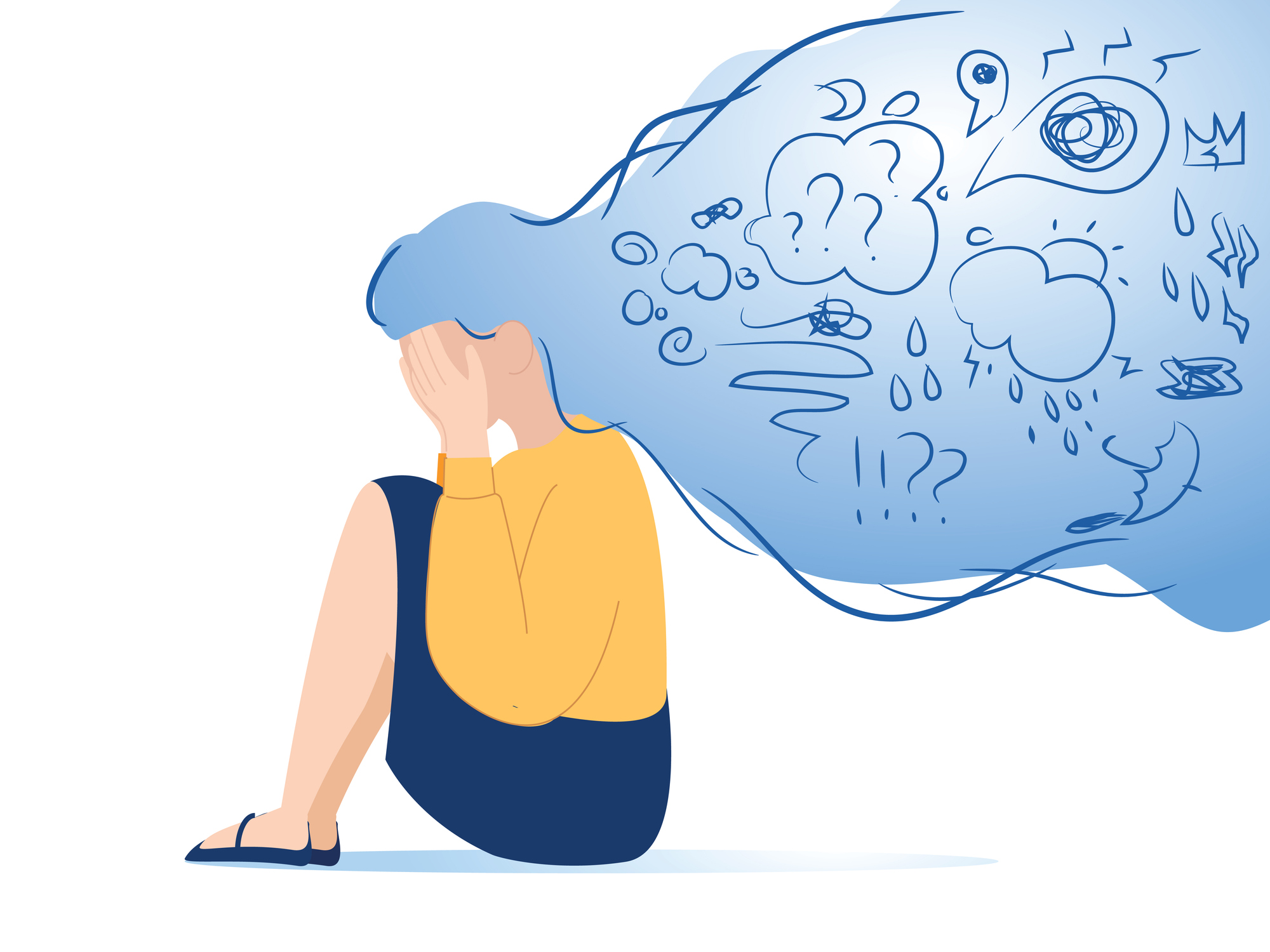The COVID pandemic has forced us to rethink the way we approach several aspects of our lives. Many of the things we were accustomed to doing in-person are now being performed virtually, including how we receive mental health care. Even now, as we emerge from the pandemic, many mental healthcare providers and patients still prefer to use telemedicine technology for its convenience.
While the advent of telehealth technology has greatly benefitted many patients, some might still find the concept awkward or uncomfortable. If you fall into this category, Flushing Hospital has provided the following tips to help you navigate your next telehealth experience and get the most out of your visit.
Some of the things you can do to enhance your telehealth visit beforehand include:
- Troubleshoot early- Find out what technology will be used and make sure you know how to use it prior to your appointment. If you are unfamiliar with an app, test it before your appointment to troubleshoot any potential issues.
- Set an alert – Setting your calendar to send you an alert 5-10 minutes prior to your virtual session can give you the time needed to gather questions and to prepare yourself mentally.
- Choose a quiet setting – Select a private location, preferably behind closed doors (such as a bedroom) to eliminate distractions. Try to minimize any background noises, such as the TV or a barking dog. Also consider using headphones to improve sound quality and maximize privacy.
- Be prepared – Make a list of the symptoms you want to address and write down any questions you want to ask beforehand. Make sure to have your complete medical and psychiatric history available, including a list of any medications you are taking.
Once the appointment begins, there are a few keys to making sure that you get the most out of it, including:
- Take notes – Sometimes your provider will record the session, but if he or she does not, it is always a good idea to take notes to help you remember important insights and recommendations.
- Speak clearly – Make sure your provider can understand what you are saying. Check in periodically to make sure that what you are communicating is being understood and that you clearly understand what is being communicated to you.
- Pretend your visit isn’t virtual – Treat your telehealth therapy session as if you are meeting with your doctor in person. Avoid engaging in any tasks you wouldn’t do if you were at his or her office, such as folding laundry, smoking, or cooking.
By following these helpful tips, you can maximize your next mental health visit.
All content of this newsletter is intended for general information purposes only and is not intended or implied to be a substitute for professional medical advice, diagnosis or treatment. Please consult a medical professional before adopting any of the suggestions on this page. You must never disregard professional medical advice or delay seeking medical treatment based upon any content of this newsletter. PROMPTLY CONSULT YOUR PHYSICIAN OR CALL 911 IF YOU BELIEVE YOU HAVE A MEDICAL EMERGENCY.










